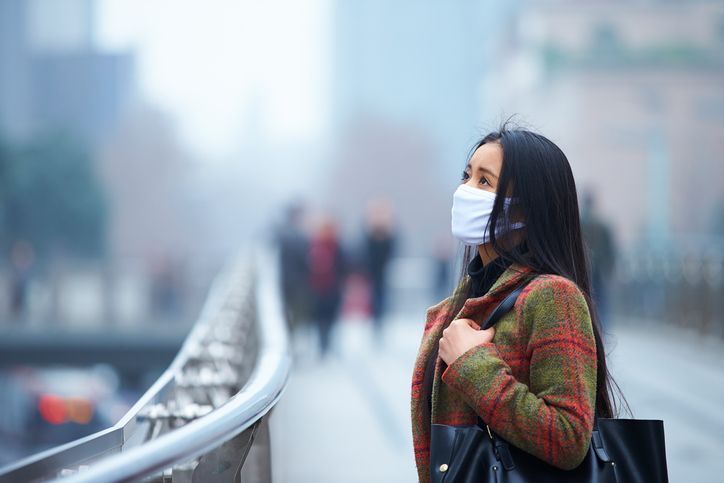Environmental reforms
Poon said that China was mostly focused on the ‘E’ side of ESG with a great emphasis on air quality.
“With air quality, President Xi Jinping breathes the same air to ordinary citizens so that is something everybody must care about because they have nowhere to hide or run away from this situation,” Poon said.
Lin said the government was reducing pollution by shutting down non-environmentally compliant makers of industrial goods and resources such as steel, paper, and chemical mills.
“Today you can find cement companies in China that have about the same carbon footprint as international companies. While they are complying with international environmental standards they are also enjoying record profits and they are great investment opportunities,” he said.
Lin noted that the government was also supporting industries that were promoting green or alternative energy such as wind turbines and farms, and solar panels.
“China is also a vibrant landscape for electrical vehicles and batteries. These companies benefit from regulatory compliance that requires companies to reduce pollution on the industrial side so they turn out to be really good investment opportunities,” he said.
“As a European investor if you want to find a pure play place for exposure in electrical vehicle batteries it’s rather difficult to find in Europe. If you go to Japan and Korea a lot of these makers like Panasonic or LG have other businesses so it’s not pure play, leaving the A-share market as an intriguing market to get exposure into that area.”
Lin said on the political side for a mayor to be promoted to the provincial level and later to the central government level, their key performance indicators (KPIs) included pollution measures.
Poon also said the top KPIs for local government officials was not about growth but rather about air and water quality.
“The local governments are not sticking to the old mentality of just growth and disregarding the environment, so I think it is a promising change,” Poon said.
On environmentally compliant companies within the A-shares market, Lin said he liked were fertiliser manufacturer Luxi Chemical Group, solar product developer Longi Green Energy Technology, and electrical vehicle battery maker Catl that has just gone public and will be available for international companies in the future.
Monitoring
Lin noted that the Chinese government had put in place monitoring enforcement activities for these companies to prevent greenwashing and bribery.
He said for example the Hebei province inspection team would go to Henan province, and an inspection team from another province would evaluate Hebei to avert collusion.
Both Poon and Lin said that while China was behind on the governance front it was improving.
“There is a general misconception that Chinese governance is like the wild west with really bad reporting and management structure,” Lin said. “In our experience that’s not true at all.”
“There is a perception that China is all about burning coal and pollution… but it is changing fast.”







